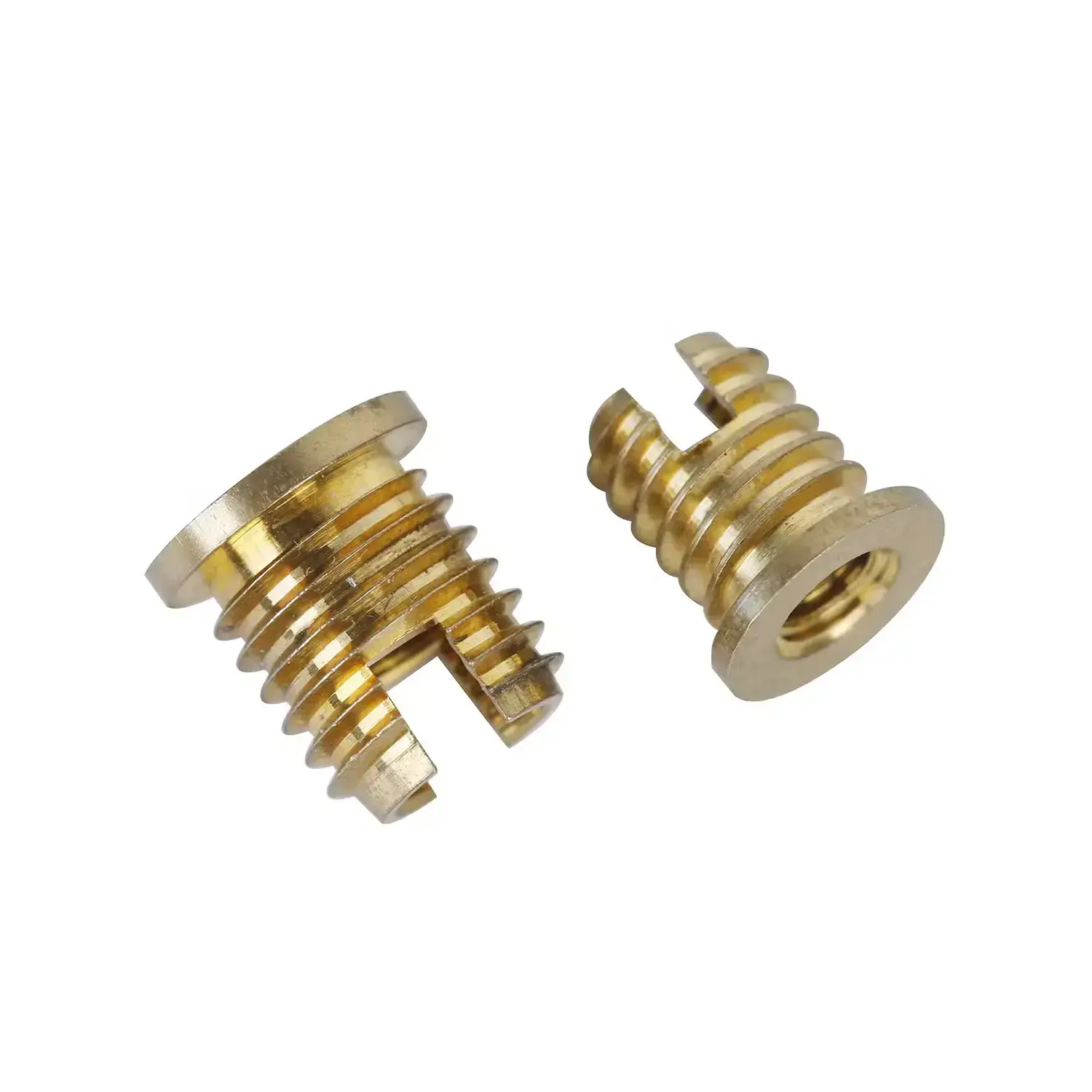Brass Insert Nuts: Tips for Selecting the Perfect Fit
In the world of mechanical components, brass insert nuts stand out for their durability, compatibility with harsh environments, and versatility across industries. Whether you're working in plumbing, packaging, medical devices, or marine applications, brass insert nuts are an essential part of your toolkit. This guide will walk you through the selection process, ensuring you choose the right nut for your specific needs.
Bruno, a seasoned mechanical engineer, has been working with brass insert nuts for years. He knows their importance in various applications. These nuts are made from brass, a durable and malleable alloy, which makes them ideal for environments where wear and tear are common. Unlike steel nuts, brass insert nuts are more resistant to corrosion, making them a preferred choice in industries prone to saltwater or chemical exposure.
Bruno mentions that brass insert nuts come in various sizes and thread types, each suited for different applications. For instance, medical devices often use brass nuts to ensure compatibility with body tissue, while marine applications require nuts that can withstand the rigors of the sea.

Key Factors for Selection
When selecting brass insert nuts, material hardness, thread size, and weight are crucial factors. Material hardness determines how well the nut will hold its shape under pressure, while thread size affects compatibility with fasteners. Weight considerations ensure the nut can handle the torque applied during installation.
For example, a nut used in a high-pressure plumbing system needs to be harder and stronger, whereas a nut for a low-pressure system might be lighter and more flexible. Thread size varies from fine to coarse, each suited for different applications like bolted joints or threaded connections.
Common Applications
Bruno highlights several industries where brass insert nuts are indispensable. In plumbing, they're used in connectors and valves, ensuring leak-proof connections. In packaging, they're used to seal containers, maintaining product integrity. Medical devices rely on brass nuts for screws and fasteners, ensuring a secure fit. Marine applications use brass nuts for hull connections and underwater equipment, where durability is paramount.
Evaluating Quality
Quality is paramount when buying brass insert nuts. Certifications like ISO or UL provide assurance of reliability and safety. It's essential to check production standards and testing procedures to select nuts that meet your requirements.
For instance, a nut that passes ISO 9001 is likely to have stringent quality control measures, making it a trustworthy choice. Third-party testing can also add credibility, so Bruno recommends verifying these aspects before purchase.
Installation and Maintenance
Proper installation is key to the longevity of brass insert nuts. Handling them gently to avoid damage and positioning them correctly can prevent loosening. Torque settings should be precise to ensure the nut holds its place without excessive force.
Maintenance involves regular inspections to check for signs of wear and lubrication to keep the nuts performing optimally. Bruno emphasizes that proper maintenance extends the life of brass nuts, ensuring they remain reliable in their applications.
Expert Insights
Industry experts often share insights on common issues with brass insert nuts. For instance, thread stripping can occur due to improper torque settings, which can be mitigated by following recommended torque specifications. corrosion resistance can be enhanced by selecting nuts from certified manufacturers or treating them with protective coatings.
Bruno cites a study where brass nuts with thicker coatings showed extended durability in corrosive environments, providing valuable insights for users.
Conclusion
Selecting the right brass insert nut is vital for performance and longevity in various applications. By considering material properties, thread size, and weight, you can choose nuts suited to your specific needs. Evaluating quality through certifications and testing ensures reliability, while proper installation and maintenance extend their lifespan.
With this guide, you're equipped to make informed decisions, ensuring your brass insert nuts meet the demands of your projects. Remember, the right nut can make the difference between success and failure in any mechanical application.
